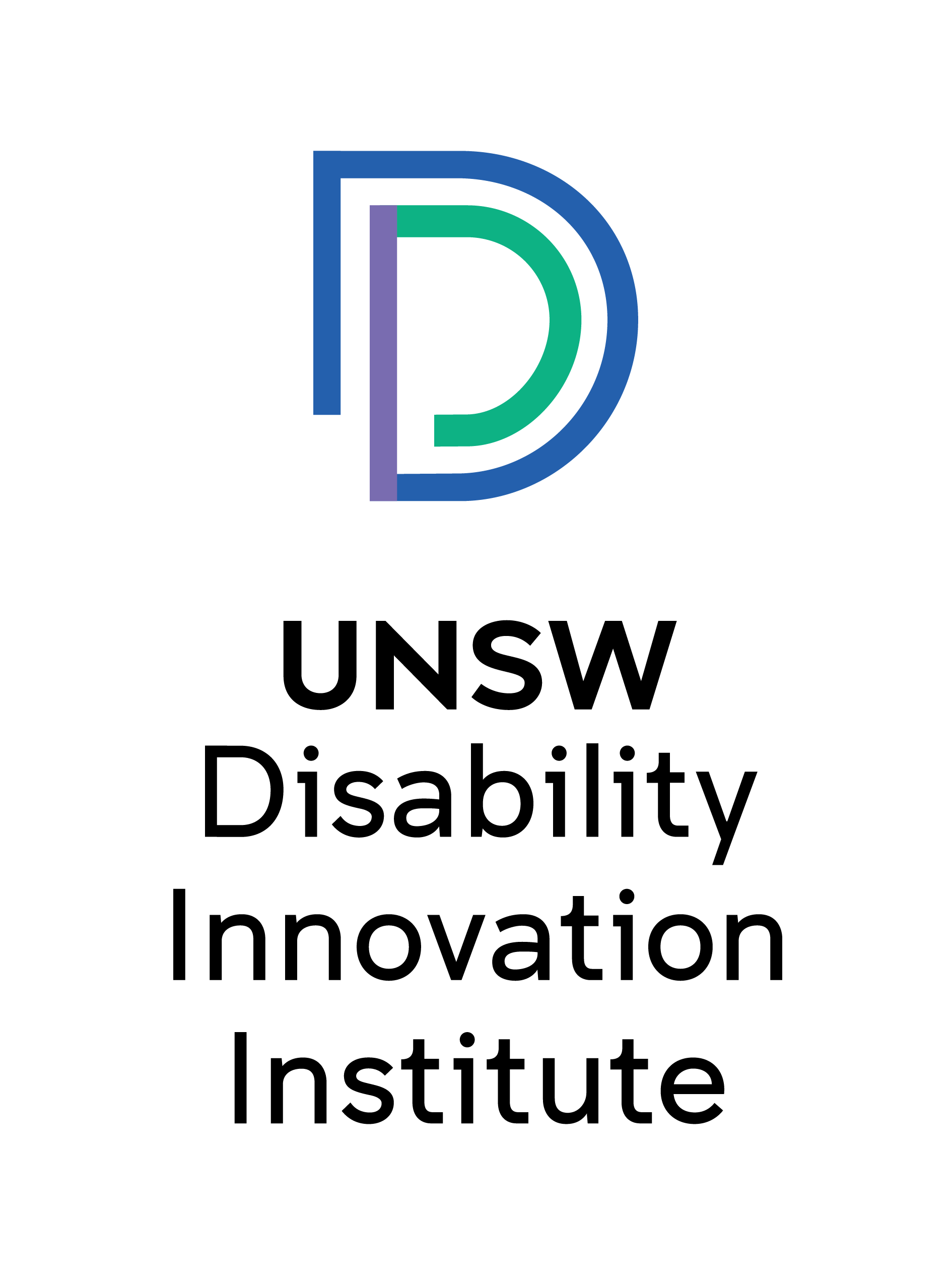July has been a busy month for the UNSW Disability Innovation Institute, with many of us attending conferences or other gatherings in different parts of the world. Some have actually travelled locally or to the northern hemisphere, while other colleagues have been able to attend and present virtually. The ability to do so, as well as the difficulties virtual conferencing can present, is a reminder of how much the world has changed in terms of accessibility since the start of the COVID pandemic. Back in 2019 it wouldn’t have crossed our minds to ask if a conference would be hybrid or online only; now it’s become routine. In doing so, it has opened up a world of opportunities not just for people with disability but for others—people with caring responsibilities, for example, or who face financial or visa barriers. Once again, making things accessible for people with disability makes them more accessible to all.
But of course, it isn’t perfect. One of the conferences I was ‘at’ in Switzerland had major technical problems with audibility between people who were presenting online and those in the room onsite. And although everyone at that conference was sent guidance about how to ensure their presentations were as accessible as possible (I know, because I organised it!), not everyone followed their instructions.
We know from other feedback that the academic and business world is at a tipping point of online accessibility. As hyperconsciousness of COVID recedes—though clearly not the pandemic itself—we are beginning to see a retreat from the commitment to full online accessibility. The very real practical and financial difficulties of hosting a large international event that everyone can access equally mean that it’s tempting for organisers to fall back to older models of meeting—excluding some people and putting others at risk. Instead, what we need is a drive to finding solutions to technical barriers, driven by our commitment to maximum inclusion. If people with disability know that commitment is there, they will be much more tolerant of those events that genuinely strive for full access but where something goes wrong.

